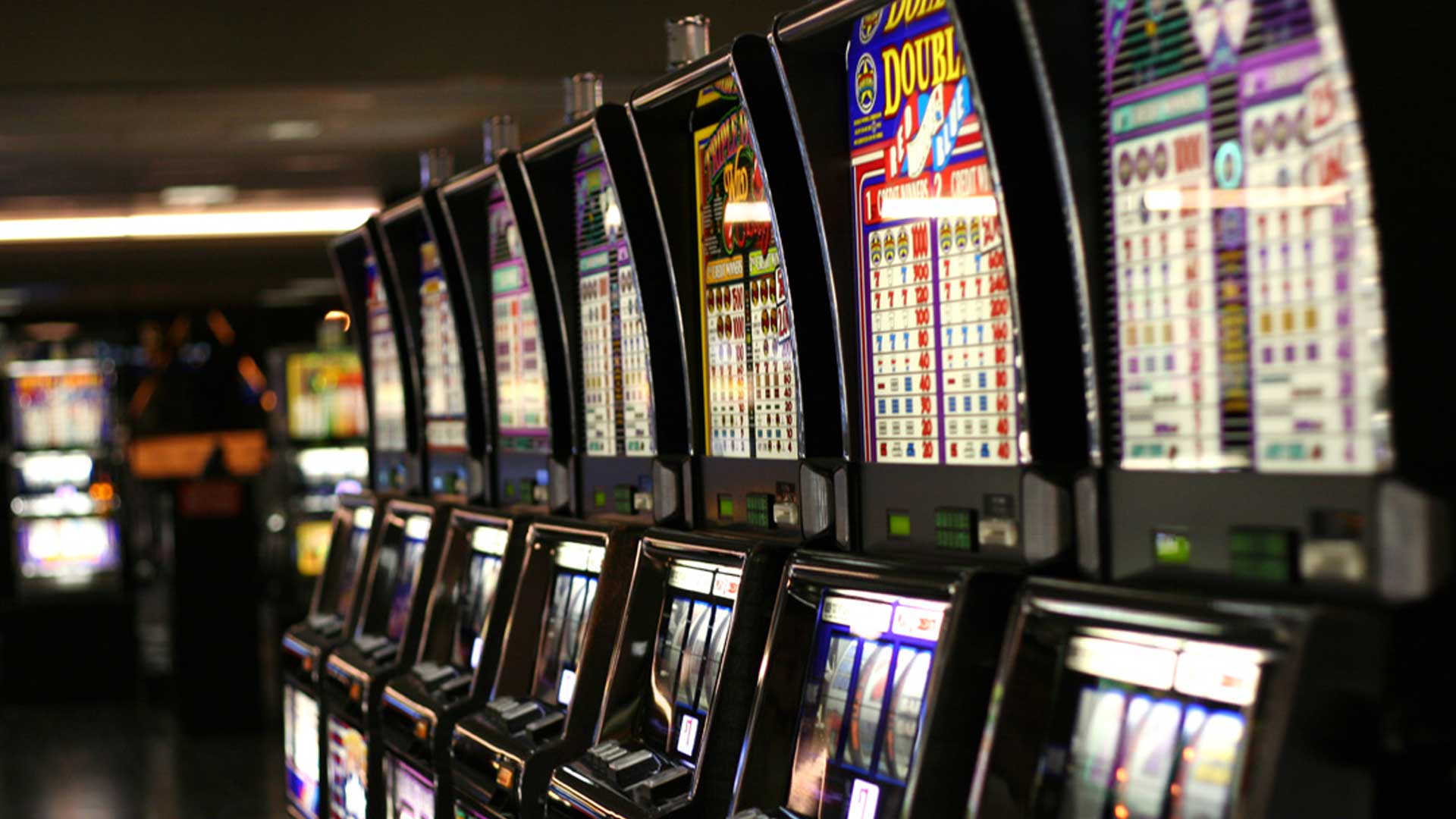The Mathematics That Control Slot Outcomes
The Mathematics That Control Slot Outcomes
The allure of slot machines has captivated players for decades. The flashing lights, the satisfying jingle of coins, and the tantalizing prospect of a life-changing win create an irresistible atmosphere. Yet, beneath the surface of this seemingly random entertainment lies a sophisticated world of mathematics that dictates every spin's outcome. Understanding these underlying principles is key to appreciating the mechanics of the game and managing expectations, rather than seeking a mythical "system" to beat the house.
At the core of every modern slot machine, whether a classic three-reel wonder or a feature-packed video slot, is a Random Number Generator (RNG). This is not some mystical force, but a complex computer program designed to produce a sequence of numbers that are statistically random. Each spin, the RNG is generating thousands, if not millions, of numbers per second. When you hit the "spin" button, the RNG freezes on a particular set of numbers, which then correspond to the symbols displayed on the reels. The beauty of an RNG is that each spin is entirely independent of the previous one. The machine has no memory, meaning a machine that hasn't paid out in a long time is no more likely to pay out on the next spin than one that has just awarded a jackpot. This fundamental principle debunks many player superstitions about "due" wins.
The probability of hitting a specific winning combination is determined by the slot machine's paytable and its reel strip configuration. Each symbol on a reel is assigned a certain number of "stops" or positions, and the RNG selects one of these stops for each reel. For example, a reel might have 20 stops in total, with 15 of them being blank symbols, 3 being cherries, 1 being a bar, and 1 being a jackpot symbol. The probability of landing a cherry on that reel would be 3 out of 20, or 15%. The probability of hitting the jackpot symbol would be a much smaller 1 in 20, or 5%. When you multiply these probabilities across all the reels, you get the incredibly low odds of hitting the top jackpot. The paytable then outlines the payouts for each winning combination, from matching three cherries to aligning five of the highest-value symbols.
This brings us to the concept of Return to Player (RTP). RTP is a theoretical percentage that indicates how much of the total money wagered on a slot machine is paid back to players over an extended period. For instance, a slot with an RTP of 95% means that, on average, for every $100 wagered, $95 will be returned to players. The remaining 5% is the house edge. It's crucial to understand that RTP is a long-term average. In the short term, a player might experience significant wins or losses that deviate greatly from the stated RTP. The RNG ensures that over millions of spins, the actual payout percentage will converge towards the theoretical RTP. Therefore, choosing slots with higher RTPs can statistically improve your long-term chances, though it doesn't guarantee wins on any given session. High RTP slots are often found on reputable online platforms, and you can often find them by checking out sites like m88+slot, which tend to offer a good selection.
Another vital mathematical concept is volatility, often referred to as variance. Volatility describes the risk associated with a particular slot machine. High volatility slots tend to pay out less frequently but offer larger wins when they do occur. Conversely, low volatility slots pay out more often but with smaller rewards. Medium volatility slots strike a balance between the two. The mathematical design of the reel strips and the probability of hitting bonus features contribute to a slot's volatility. For example, a slot with many rare, high-paying symbols and infrequent bonus triggers will have high volatility. Players who prefer longer, more consistent gaming sessions might opt for low volatility slots, while those seeking the thrill of potentially massive payouts might lean towards high volatility options. The mathematical model is carefully constructed by game developers to create different player experiences and appeal to a broader audience.
In conclusion, while the visual and auditory elements of slot machines are designed to be exciting and engaging, it's the underlying mathematics—the RNG, reel configurations, RTP, and volatility—that truly govern the outcomes. These mathematical principles ensure fairness and predictability in the long run, even though individual spins remain inherently random. By understanding these concepts, players can approach slot gaming with realistic expectations, appreciating the sophisticated engineering behind the entertainment, and making informed choices about which games to play.
tag: M88,



